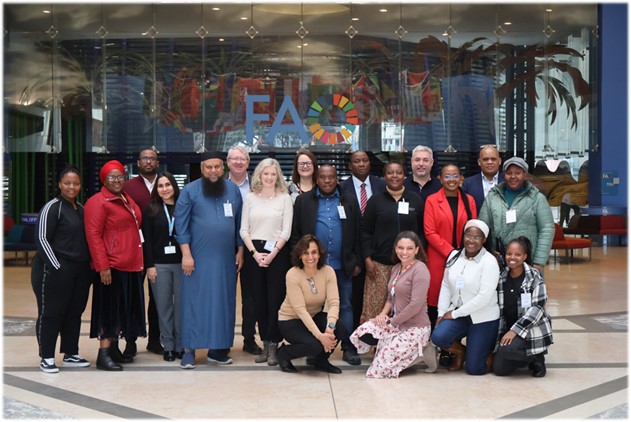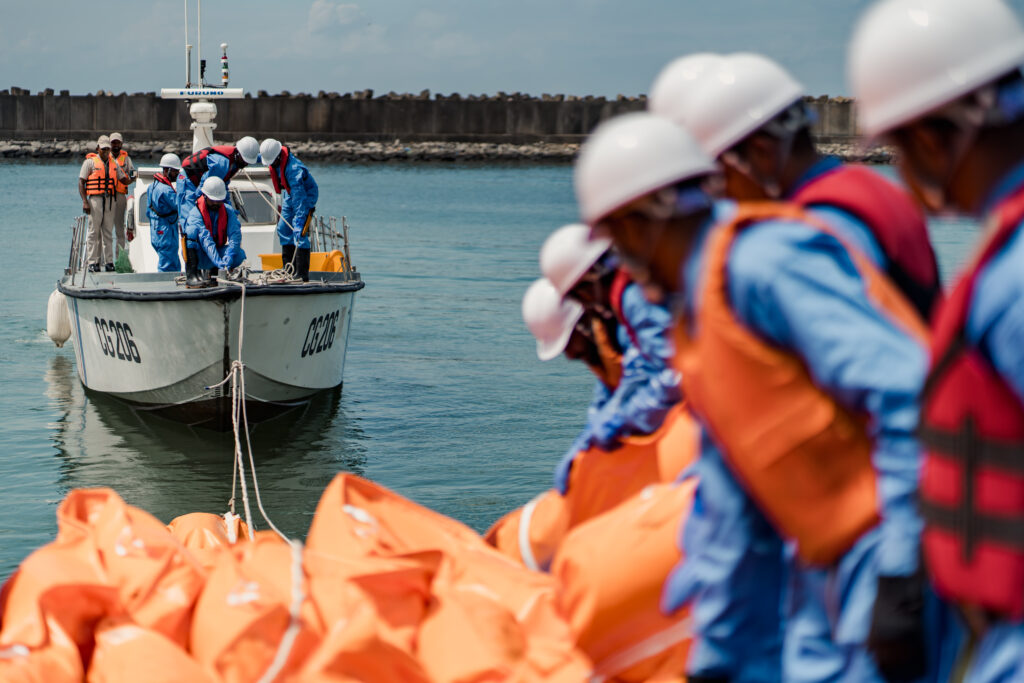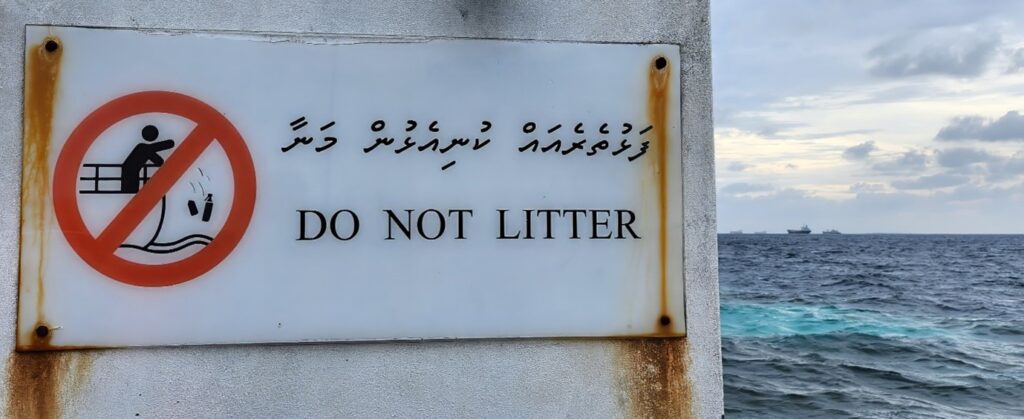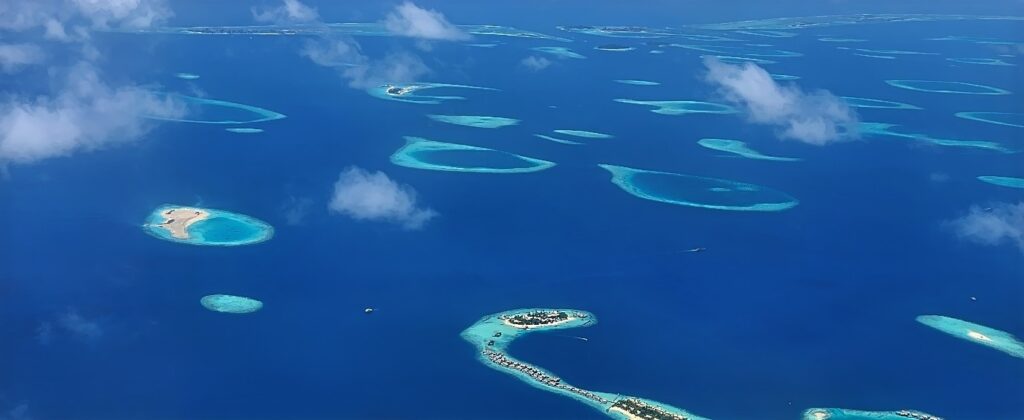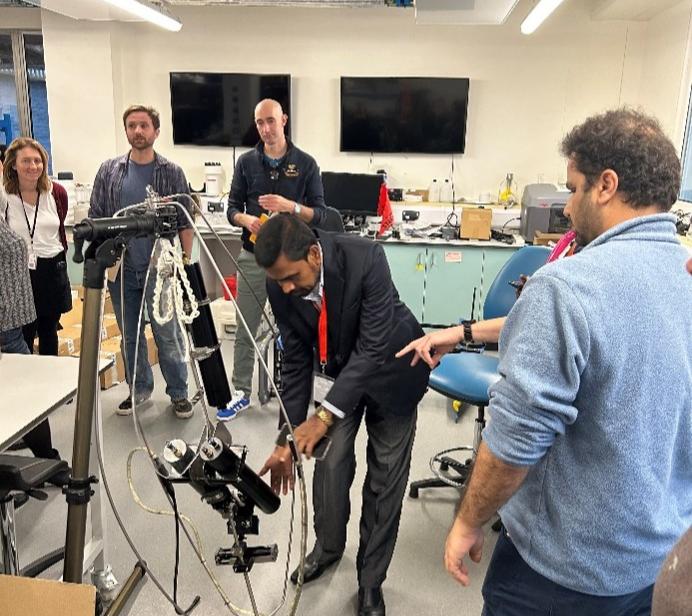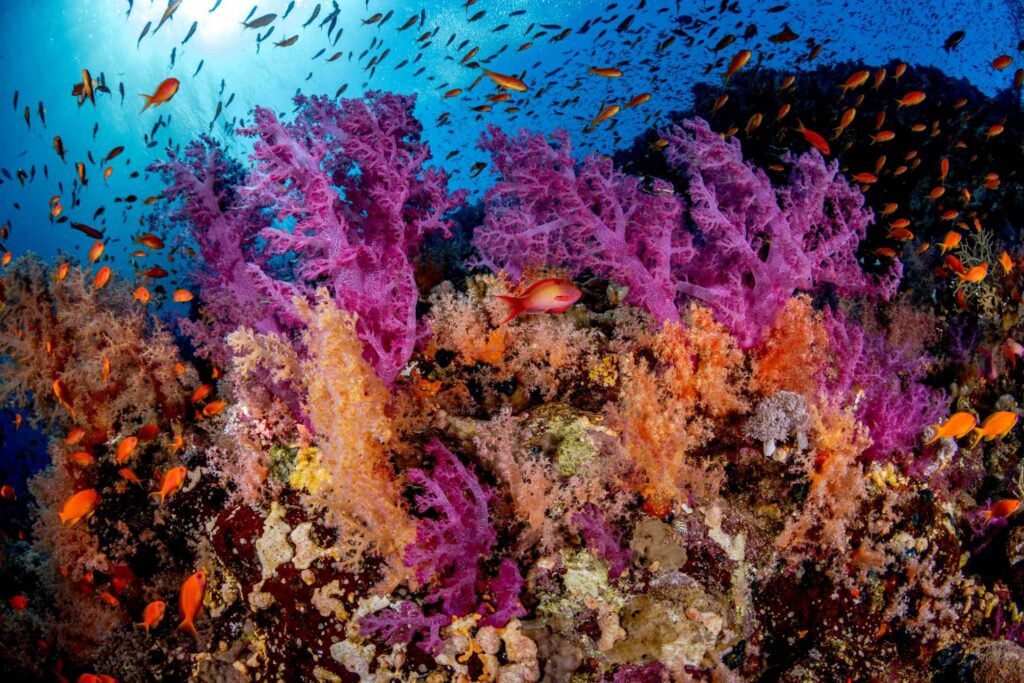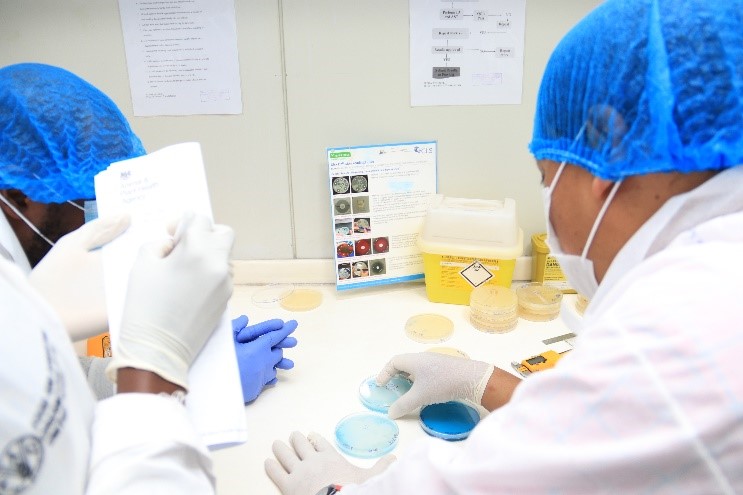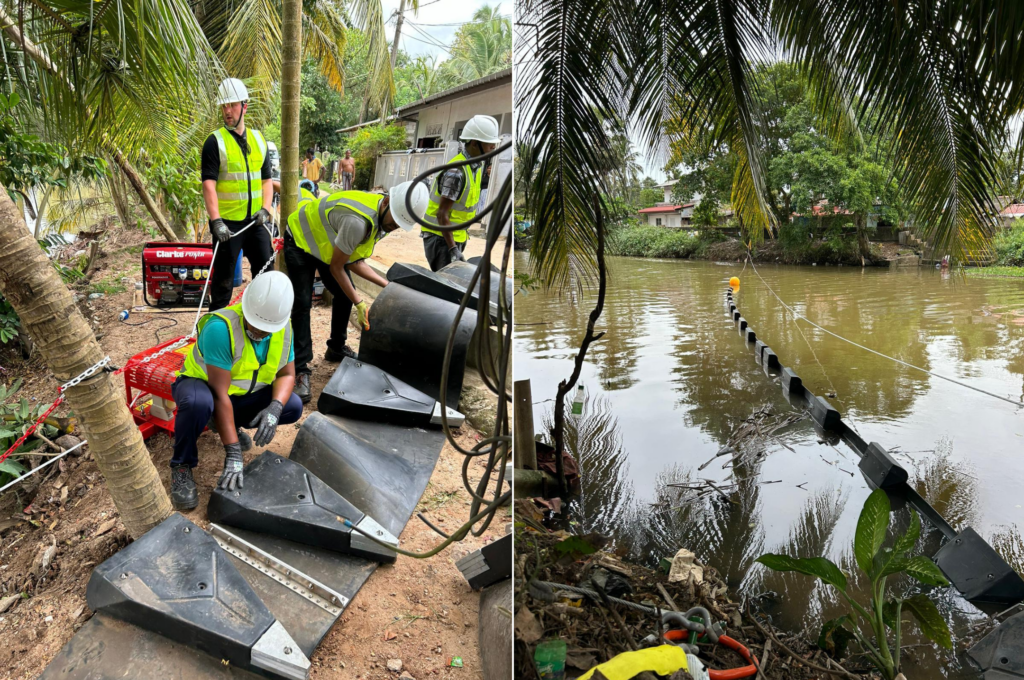International
The One Food programme team at the Centre for Environment, Fisheries and Aquaculture Science (Cefas) and Animal and Plant Health Agency (APHA) recently visited the FAO head office in Rome, Italy to co-lead a collaborative workshop on multi-hazard monitoring and …
Authors: Angharad Elliman, Freya Goodsir, Todd Last From November 12th to 22nd, 2024, the Ocean Country Partnership Programme (OCPP) teams from Cefas and JNCC, embarked on a technical visit to Sri Lanka. This visit was part of a broader effort …
Author: Amy Anderson (MMO) In October, the Marine Management Organisation (MMO)’s Global Marine Team undertook a deployment to Madagascar under the Ocean Country Partnership Programme (OCPP). The Ocean Country Partnership Programme is a bilateral technical assistance and capacity building programme …
In October, the Ocean Country Partnership Programme (OCPP) team from Cefas visited the Maldives to enhance local expertise in the collection of data from fishers, water quality monitoring and OSPAR methods of beach monitoring. The visit began with adverse weather …
In July the Ocean Country Partnership Programme (OCPP) team from Cefas visited Maldives to attend the Fifth Maldives Marine Science Symposium and to progress work with various OCPP partners. Aerial view of Maldives islands The Ocean Country Partnership Programme (OCPP) …
The Centre for Environment, Fisheries and Aquaculture Science (Cefas) collaboration with Sri Lanka on shark, ray and chimaera conservation through the Ocean Country Partnership Programme (OCPP) was furthered in mid-November with a UK visit from the Sri Lankan Director General and …
Written by Parvathi Vallivattathillam, National Oceanography Centre (NOC), Lianne Harrison, Cefas and Francesca D'Enno, Defra. The All-Atlantic Ocean Research and Innovation Alliance (AAORIA) is a science diplomacy effort which unites twelve countries across the Atlantic to strengthen and foster collaborative …
Coral reefs are vital for our oceans. They are among the most diverse and productive ecosystems on the planet, providing habitat for a vast array of marine life. They also provide livelihoods for over 600 million people, and coastal protection …
World AMR Awareness Week 2024 takes place this week, 18-24th November, a global campaign to raise awareness and understanding of Antimicrobial Resistance (AMR) and to promote best practices to reduce the emergence and spread of drug-resistant infections. Antimicrobial resistance occurs …
Authors: Peter Randall, Charlotte Reeve, Alessandra Bielli, Bryan-Goodsir Thompson, Kelly Bateman, Angharad Elliman Through the Ocean Country Partnership Programme (OCPP), Sri Lanka and the UK are collaborating to tackle the three key challenges of marine biodiversity, marine pollution and sustainable …
